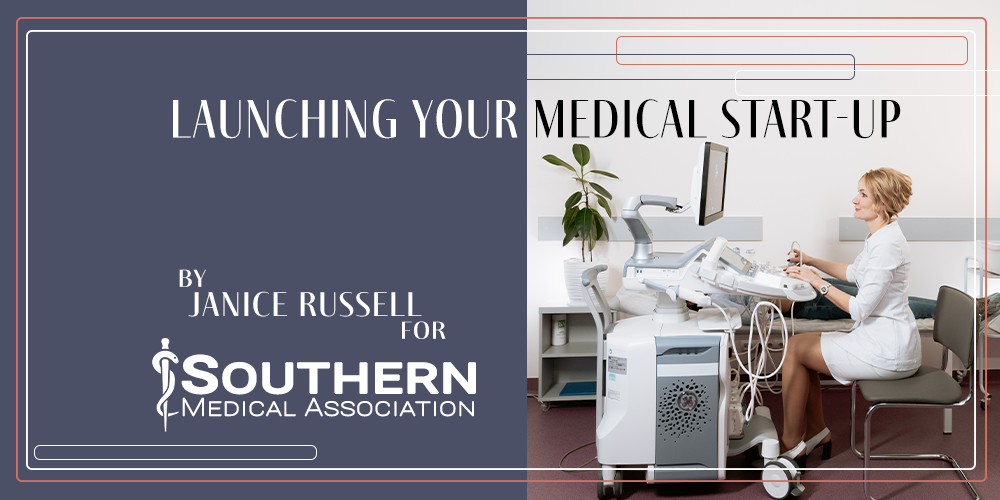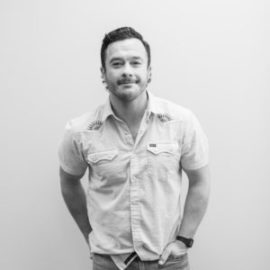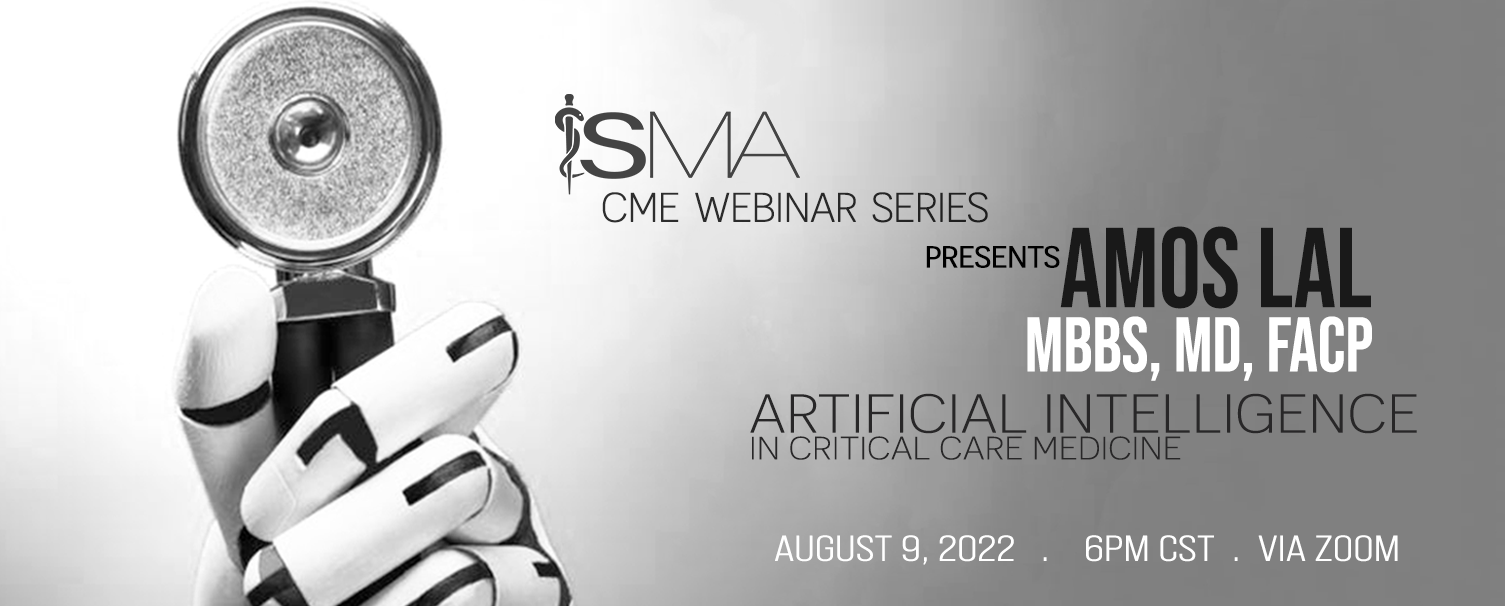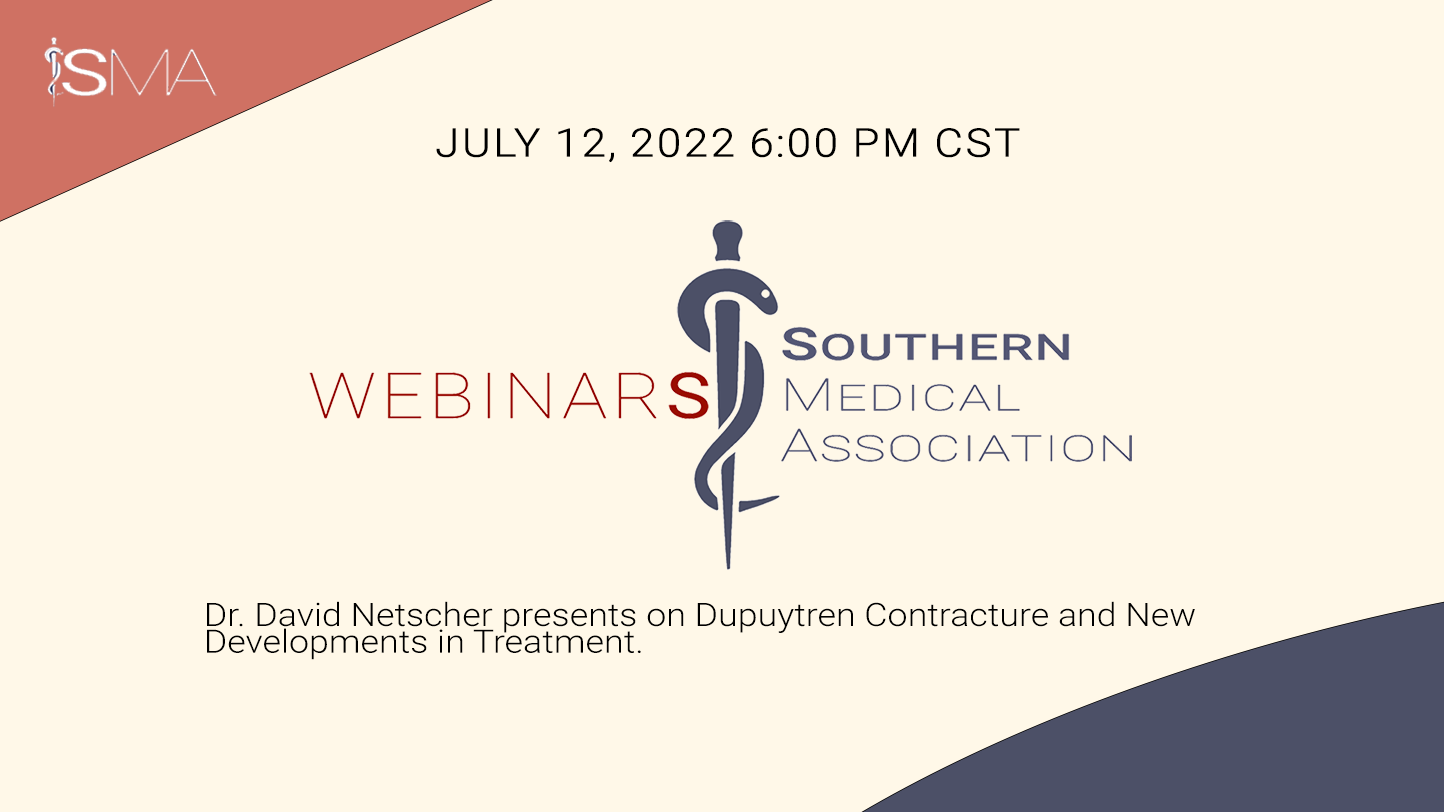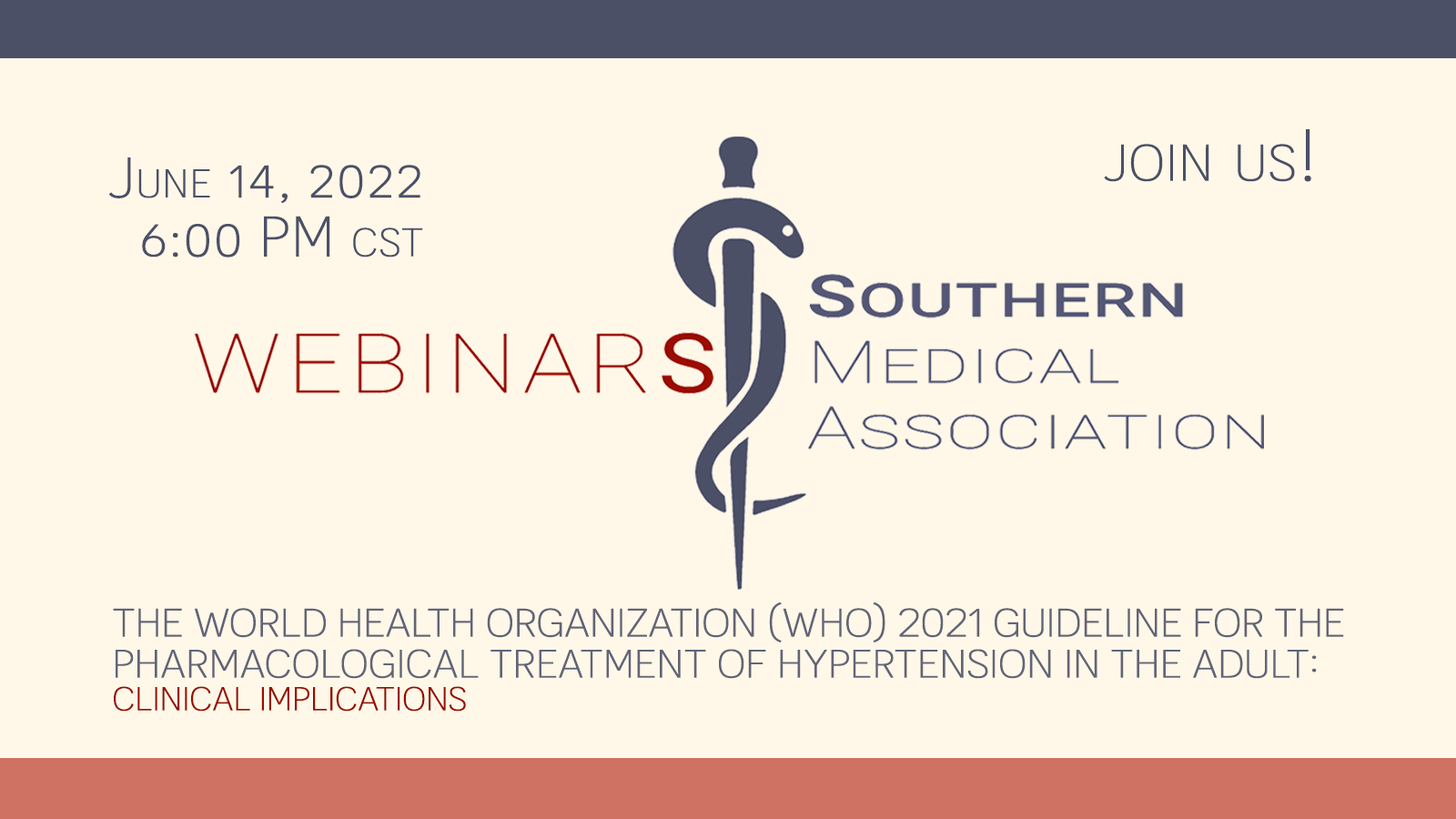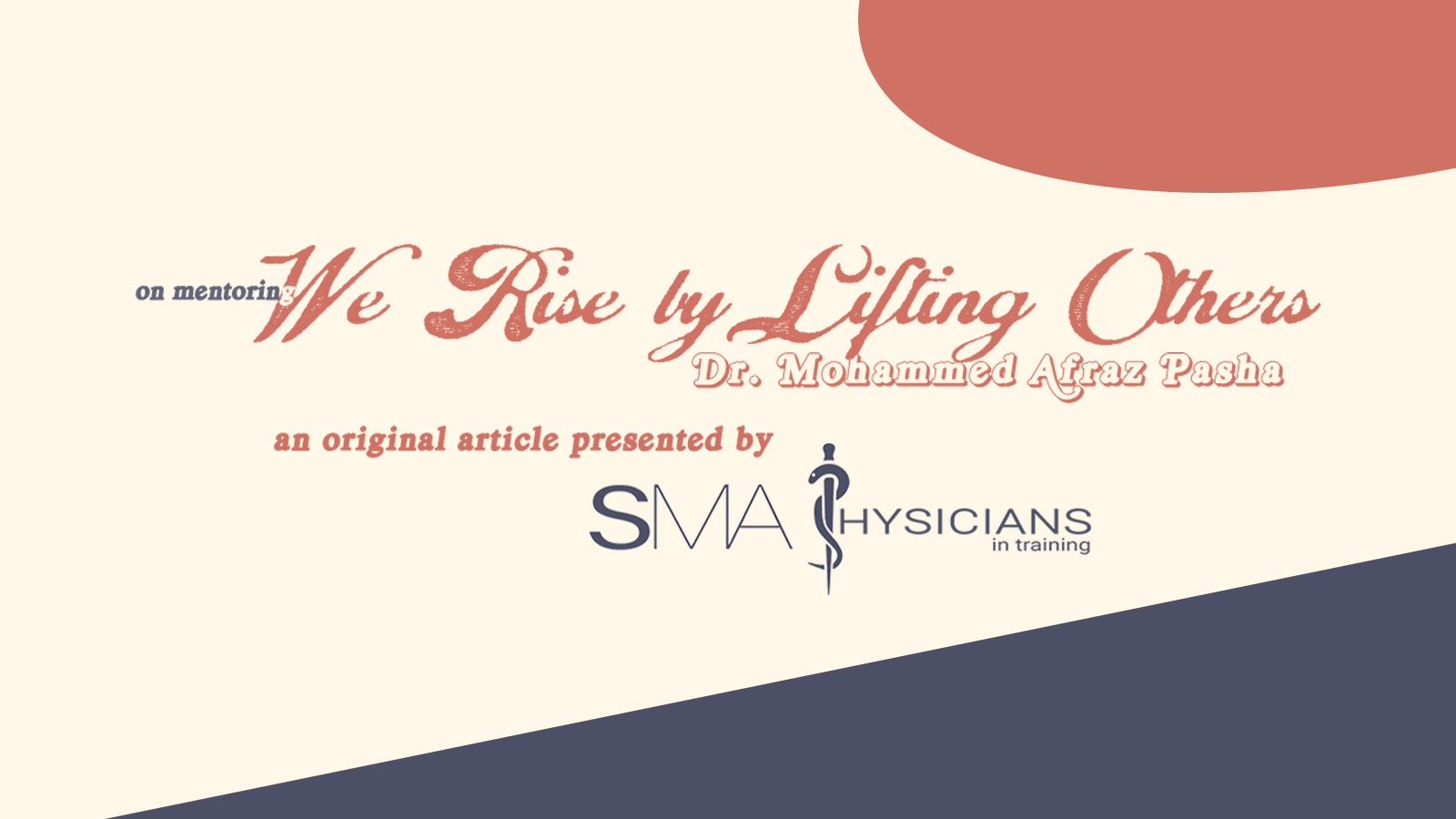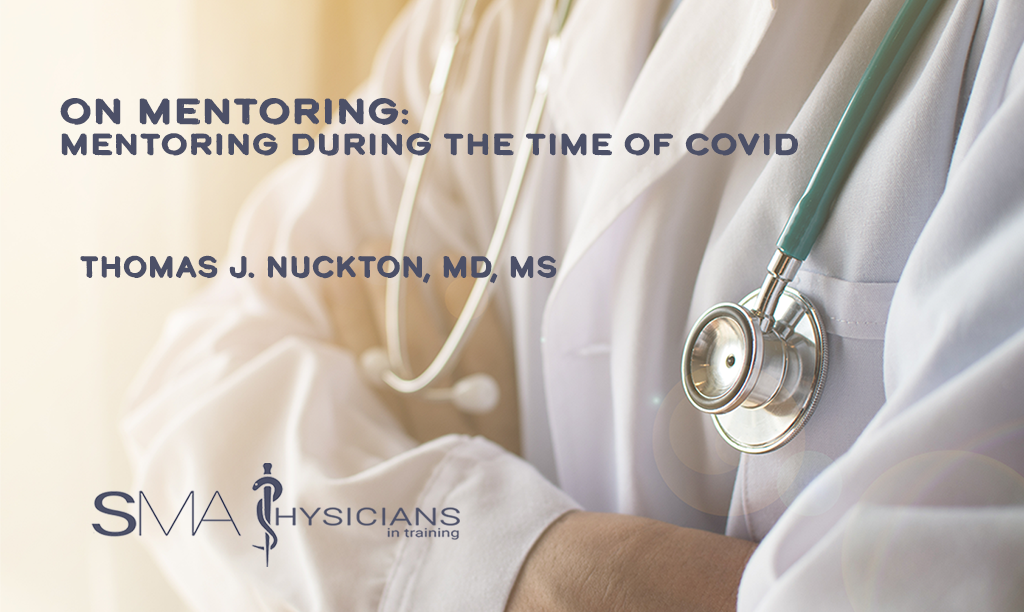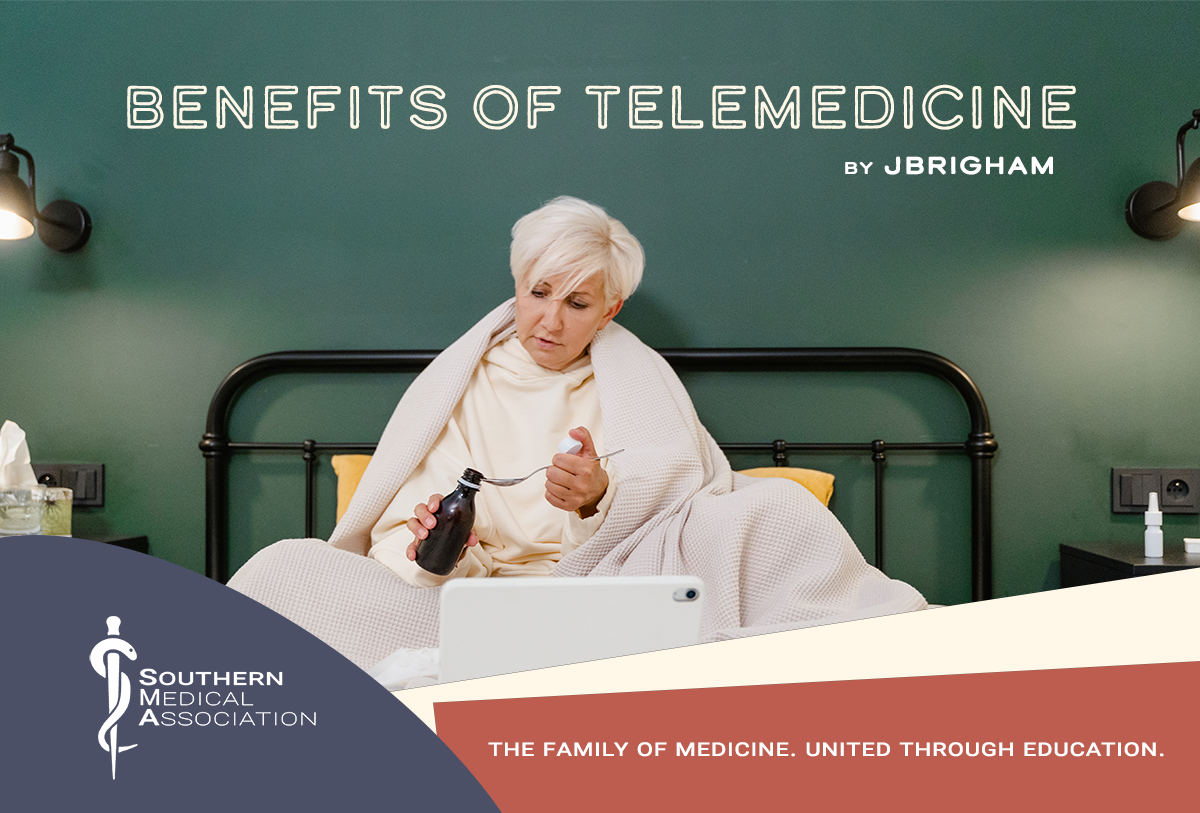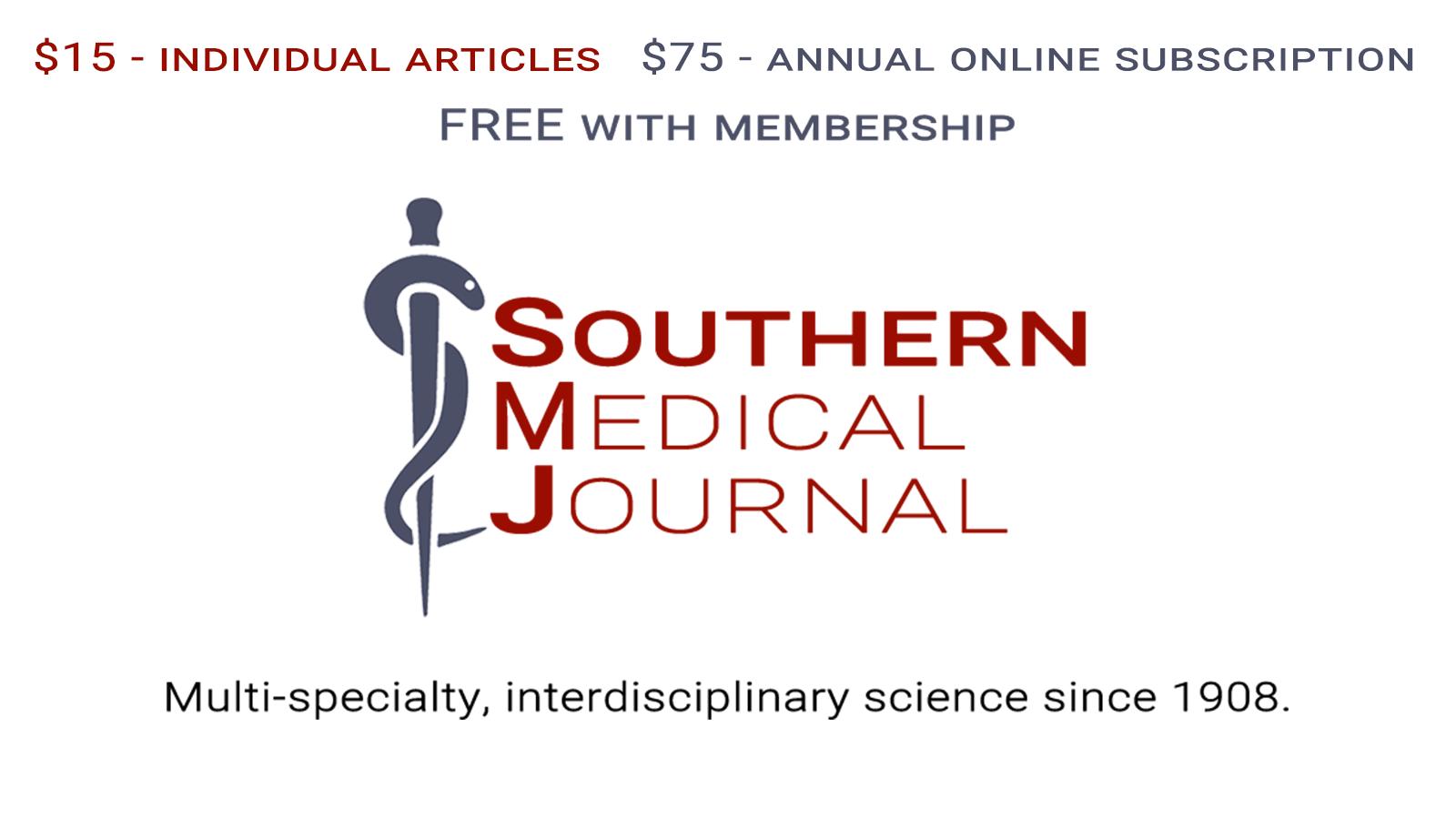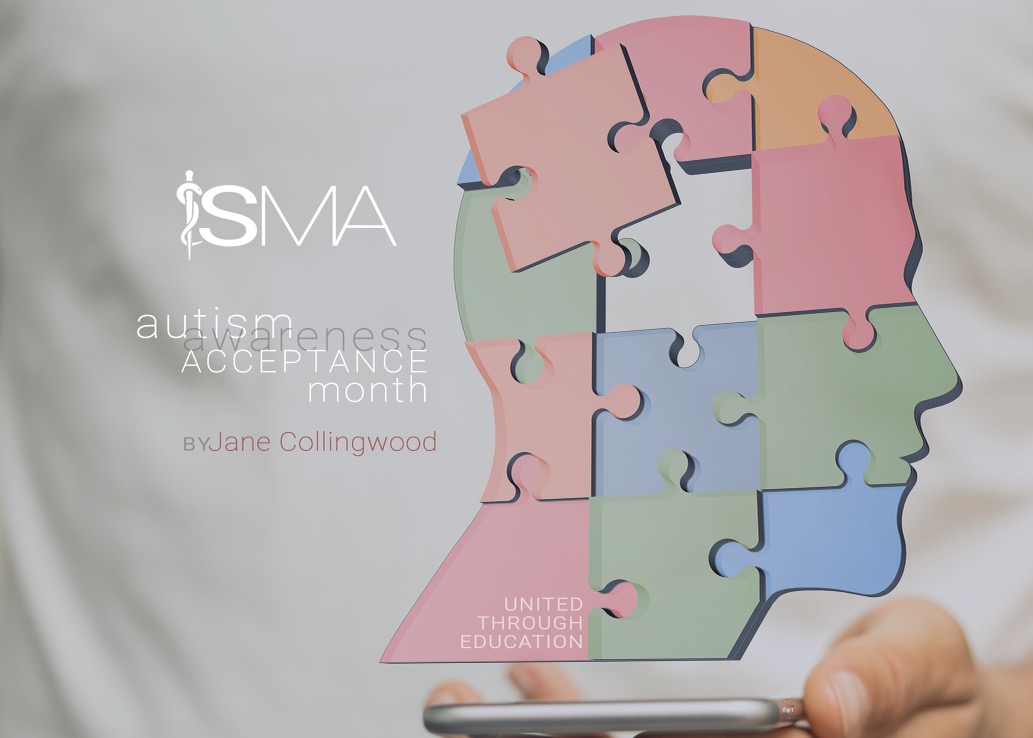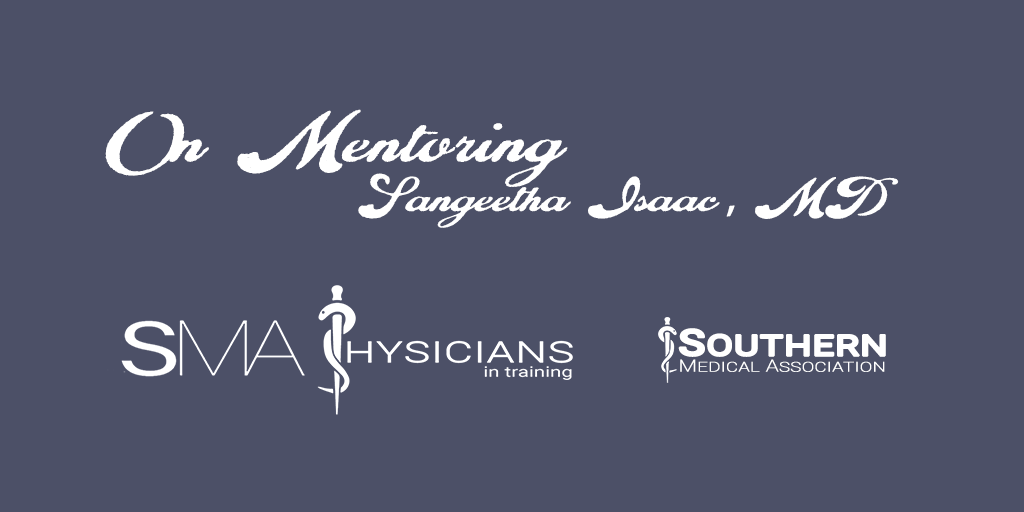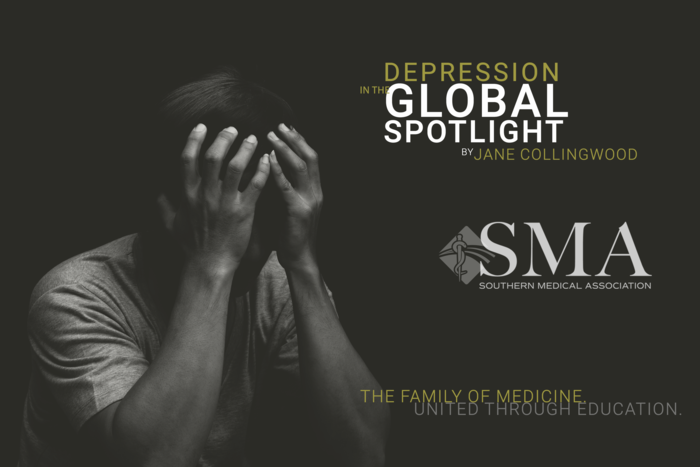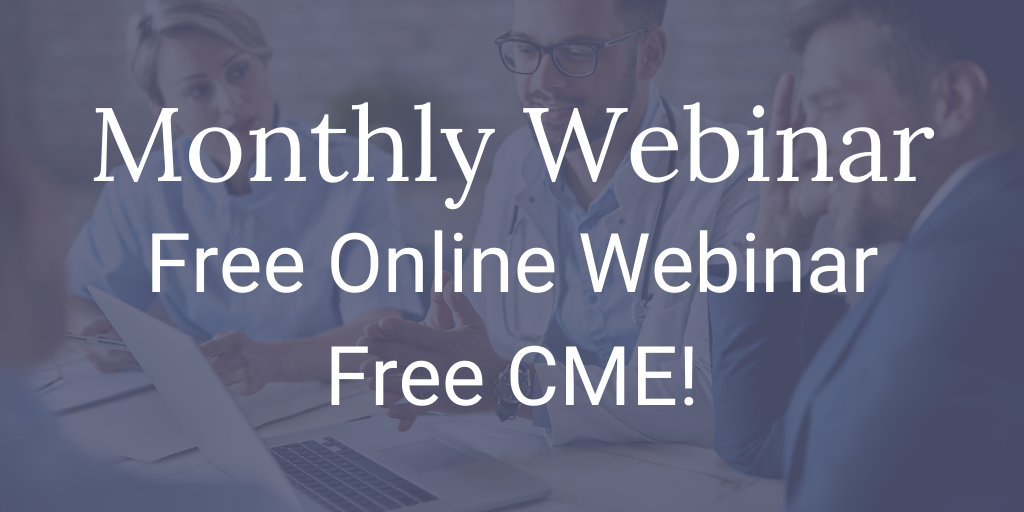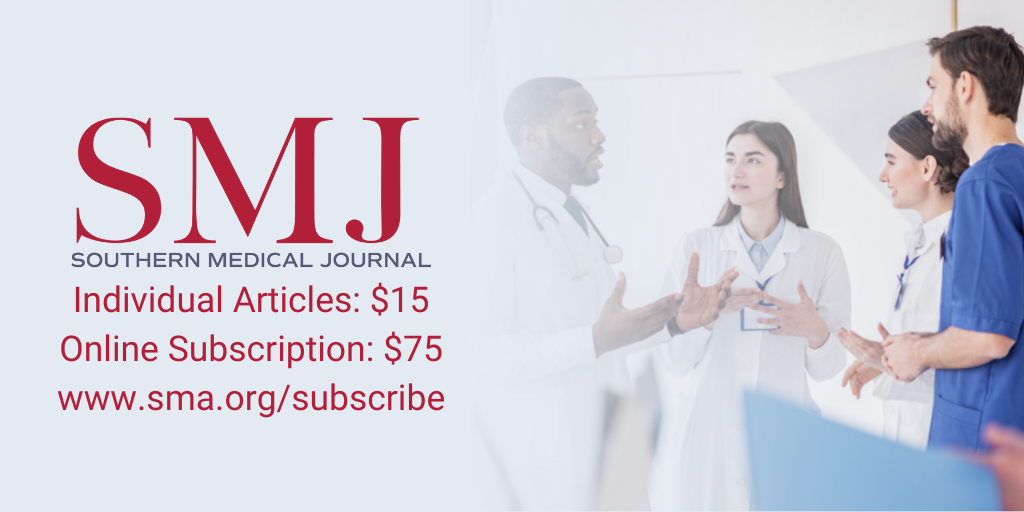By Jane Collingwood
Jane Collingwood is a medical journalist with 17 years experience reporting on all areas of medical research for online and print publications. Jane has also worked on a range of medical studies funded by the UK National Health Service within the University of Bristol in the South West of England. Jane has an academic background in psychology and has authored books on stress management and respiratory infections. Currently she is combining journalism with a national coordinating role on the UK's largest surgical research trial.
A new report is calling for greater action to be taken on depression around the world. Professor Helen Herrman of the University of Melbourne, Australia, and international colleagues published the report recently in The Lancet.
It is the latest report from the Commission on Depression, set up in 2018 by a global collaboration of researchers including experts from economics, epidemiology, neuroscience, primary care, psychiatry, psychology, and public health. They joined with the World Psychiatric Association to focus on depression, and specifically, why it remains a neglected global health crisis, "despite abundant evidence that much can be done to prevent and aid recovery of people suffering from it even in resource-limited settings".
Twenty-five experts from 11 countries contributed to the new report, titled 'Time for united action on depression'. It explains that depression is a leading cause of avoidable suffering globally, affecting 1 in 20 adults each year. "Yet, too few people in communities, governments, and the health sector understand or acknowledge depression as distinct from the other troubles that people face," it states.
Professor Herrman and colleagues believe that, "Not enough is done to avoid and alleviate the suffering and disadvantages linked with depression, and few governments acknowledge the effect of depression on social and economic development."
The report outlines the scale of the disease and makes recommendations to tackle the current inequities, including underdiagnosis, treatment, and prevention, and the need for collaborative care in all settings. It includes an analysis of evidence from many diverse contexts and consultations with individuals with lived experience, to "generate action-oriented recommendations". The aim is to "promote united action to reduce the burden of depression and ensure that greater attention is paid to the millions of people who live with it across the globe".
The authors write, "This Commission provides a message of hope, not only in the form of robust evidence on what can be done to prevent and treat depression, but also on how such interventions can be integrated with wider health and social systems and implemented even in the least resourced contexts." They explain that depression is a common but poorly recognized and understood health condition that can cause profound distress, impair social functioning and economic productivity, and lead to premature mortality.
Depression has a range of clinical presentations, severity levels, and courses, commonly overlapping with other conditions. There is also considerable variability in depressive symptoms and signs among cultures. The authors believe that both social and economic actions are needed to mitigate the effects of adversities and inequities early in life and across the life course. Interventions are also needed at the individual level, focusing on current life habits and risk factors.
There is now an opportunity for united action to transform mental health care systems globally, with a "whole of society" approach to the prevention of depression. Specifically, the Commissioners point out that the approach by which people with symptoms of depression are classified into just two groups, either clinical depression or not, is overly simplistic.
Instead, they support a personalized, staged approach, recognizing changes over time and the intensity of symptoms. Interventions should be individually tailored and could cover self-help and lifestyle changes, as well as thorough psychological therapies and antidepressants, and up to more intensive treatments such as electroconvulsive therapy if necessary.
Many myths continue to surround depression, the report states, which "perpetuate inaction". For example, some believe that depression is simply sadness, or is a sign of weakness, or only occurs in certain cultural groups, whereas in reality it can affect anyone, although there is variability in types and rates of symptoms between cultures.
The Commission would like to see a cohesive approach to preventing depression similar to the global efforts to reduce heart disease and cancer. Professor Herrman says, “Depression is a global health crisis that demands responses at multiple levels. This Commission offers an important opportunity for united action to transform approaches to mental health care and prevention globally.
"Investing in reducing the burden of depression will give millions of people the chance to become healthier, happier and more productive members of society, help to strengthen national economies, and advance the United Nations’ Sustainable Development Goals for 2030.” Commenting on the report, a Lancet Editorial asks, "Why are there such insufficient and inequitable health resources for depression, and what can be done about it?"
This Commission calls for "concerted action to reduce the burden of depression among four groups: scientists and researchers, policy makers, health-care workers, and civil society." It gives several reasons why depression "does not receive sufficient resources and global attention". Firstly, depression has historically been stigmatized and the legacy of stigma continues to this day. Secondly, managing depression is not always straightforward and can be challenging, especially in the absence of mental health insurance schemes or universal health coverage. In addition, depression requires a “multidimensional approach” of policies and investment across many sectors including health, education, employment, and social services.
The editorial highlights certain groups that already face obstacles before a diagnosis of depression, such as persecuted ethnic groups, and adolescents whose struggles are compounded by the impact of COVID-19 pandemic, and people affected by civil strife and violence, such as refugees. But "there is cause for hope," it states, "the great majority of individuals with depression recover from an episode if they can obtain adequate support and treatment."
"The Commission lays out a stark choice," it concludes, "to improve equitable and stigma-free access to interventions for people with depression or to continue to condone indifference to the wellbeing of the one billion people with mental health needs. Together, the global community must decide to prioritize the emotional wellness of our species."
To mark the global launch of this Commission, a webinar was held featuring the Lancet's Editor-in-Chief, Professor Richard Horton and a number of international experts. Professor Horton said that the journey to where we are today "has been long and hard". In 2007 the Lancet launched its first series on global mental health, because mental health was completely excluded from the Millennium Development Goals, "with catastrophic consequences".
As far back as 2005, Commission Co-chair Professor Vikram Patel of Harvard Medical School, highlighted the fact that the Millennium Development Goals relating to health "almost entirely ignore mental disorders, yet there is compelling evidence that in developing countries mental disorders are amongst the most important causes of sickness, disability, and, in certain age groups, premature mortality".
"Apart from causing suffering, mental illness is closely associated with social determinants, notably poverty and gender disadvantage, and with poor physical health, including having HIV/AIDS and poor maternal and child health," he wrote in PLoS Medicine. "But mental health remains a largely ignored issue in global health, and its complete absence from the Millennium Development Goals reinforces the position that mental health has little role to play in major development-related health agendas."
His 2005 article questioned that assumption. Using evidence on mental health in developing countries, he argued that addressing mental health problems is an integral part of health system interventions aimed at achieving some of the key Millennium Development Goals. He linked mental health with three of the Goals: eradicating poverty, reducing child mortality, and improving maternal health. "However," he adds, "the relevance of mental health is not limited to these goals alone. For example, there are several areas of confluence between HIV/AIDS and mental health - people with HIV/AIDS are much more likely to suffer mental health problems, and these problems in turn can affect their overall health outcomes."
Recently, at the launch of the new report, Professor Patel said, “The Commission’s findings offer a clear message of hope, both for decision makers struggling with addressing the rising tide of depression in their populations, and for individuals who are experiencing the profoundly disabling symptoms of depression. There is much we can do to care for individuals with depression.
“No two individuals share the exact life story and constitution, which ultimately leads to a unique experience of depression and different needs for help, support, and treatment.” Professor Patel pointed out that the Covid-19 pandemic has been linked to around 53 million additional cases of major depressive disorder worldwide in 2020 alone. “The pandemic presents a historic opportunity to enhance investments and promote concerted actions across sectors to implement these interventions,” he said.
Professor Horton of the Lancet agrees, stating during February's webinar that, "We need to strengthen mental health systems, promote mental wellbeing, and expand the availability of interventions to treat those with mental disorders.
"The Commission is a call for united action on depression," he adds "it couldn't be better timed. Its recommendations couldn't be more urgent. The pandemic held up a mirror to society to show us who we really were, and what we saw of ourselves has been disquieting and distressing. Absolutely no sense of global solidarity. This Commission gives us an opportunity to write a different story. We will work our hardest to seize that opportunity."
This 2022 global spotlight on depression is not only appropropriate, but it is also long overdue.
References
Herrman, H. et al. Time for united action on depression: a Lancet World Psychiatric Association Commission. The Lancet, 15 February 2022 doi: 10.1016/S0140-6736(21)02141-3. www.thelancet.com/journals/lancet/article/PIIS0140-6736(21)02141-3/fulltext
Editorial. Ensuring care for people with depression. The Lancet, 15 February 2022 doi: 10.1016/S0140-6736(21)01149-1. https://www.thelancet.com/journals/lancet/article/PIIS0140-6736(21)01149-1/fulltext
Miranda, J. J. and Patel, V. Achieving the Millennium Development Goals: Does Mental Health Play a Role? PLoS Medicine 13 September 2005 doi: 10.1371/journal.pmed.0020291. https://journals.plos.org/plosmedicine/article?id=10.1371/journal.pmed.0020291
